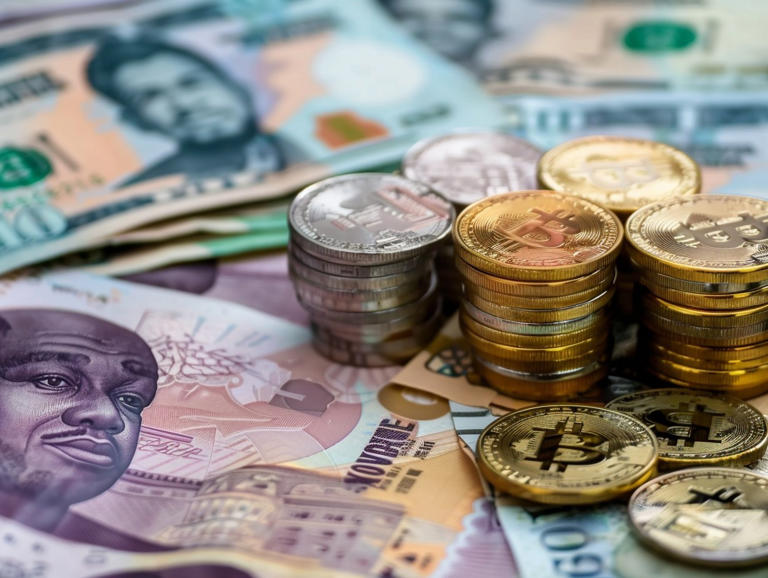The International Monetary Fund (IMF) has advised Nigeria to explore the licensing of global cryptocurrency exchanges as part of its economic reforms, aiming to strengthen the country’s position in the African cryptocurrency market. This recommendation underscores the growing recognition of cryptocurrencies as a significant aspect of modern financial systems.
By allowing global cryptocurrency trading platforms to be licensed or registered in Nigeria, the IMF suggests aligning them with regulatory requirements applicable to traditional financial intermediaries. This approach seeks to enhance compliance with Anti-Money Laundering and Countering the Financing of Terrorism (AML/CFT) measures, thereby promoting financial stability and investor protection. The IMF emphasizes the importance of implementing efficient risk-based supervision to ensure regulatory compliance and mitigate potential risks associated with crypto assets.
The IMF’s assessment of Nigeria’s balance of payments highlights notable discrepancies, particularly in unrecorded financial transactions involving cryptocurrencies for cross-border transactions. These findings underscore the need for comprehensive regulatory frameworks to address emerging challenges in the cryptocurrency space.
The IMF’s recommendations coincide with efforts by Nigeria’s Securities and Exchange Commission (SEC) to tighten regulations on cryptocurrency operations. The SEC’s recent measures, such as prohibiting peer-to-peer (P2P) cryptocurrency exchanges with the national currency, the naira, reflect a broader strategy to safeguard financial stability and combat illicit financial activities.
Despite regulatory efforts, Nigeria faces ongoing compliance challenges with major cryptocurrency exchanges like Binance, necessitating proactive measures to address regulatory gaps and ensure effective oversight. Recent developments, including the arrest of a Binance executive, underscore the complexities associated with regulating cryptocurrency exchanges and the need for coordinated efforts to manage the evolving cryptocurrency landscape effectively.
Overall, the IMF’s recommendations signal a recognition of the importance of integrating cryptocurrencies into Nigeria’s financial system while advocating for robust regulatory frameworks to foster transparency, compliance, and investor protection in the cryptocurrency market.

